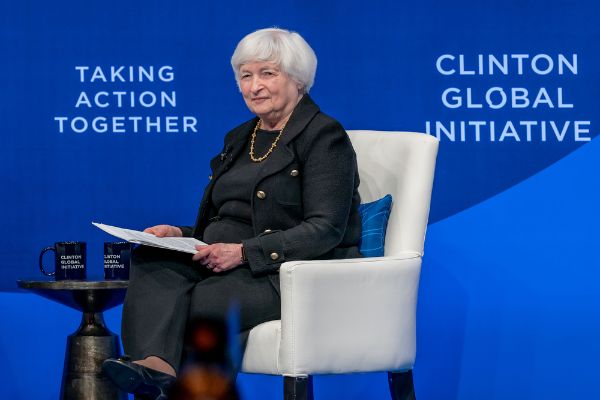In a recent appearance on CNBC’s “Squawk on the Street,” Treasury Secretary Janet Yellen addressed the pressing issue of rising housing and rental prices in the wake of the COVID-19 pandemic. Yellen acknowledged that these price increases have been driven by significant shifts in the ways people live and work, which were accelerated by the pandemic’s unique challenges.
Yellen began by noting that apartment rent prices have indeed stabilized after experiencing considerable upward momentum. However, she emphasized that the pandemic had triggered profound changes in lifestyle and work patterns, contributing to the overall pressure on real estate prices, including both rentals and house prices.
One key consequence of these changes is that young individuals who aspire to own a home and are currently renting have faced the burden of rising monthly rent expenses. Yellen empathized with this group, acknowledging that rent adjustments to current market levels upon contract renewals can be a substantial financial challenge for many households. This situation highlights the ongoing struggle of individuals caught in the midst of rental contracts amid a dynamic housing market.
Nevertheless, Yellen also pointed out that the broader economic landscape is showing signs of improvement in certain areas. For instance, she mentioned the decrease in gas prices in several states, with some regions experiencing gasoline prices dropping below $3 per gallon. This reduction in fuel costs can be seen as positive news for consumers, potentially providing some relief in terms of everyday expenses.
Additionally, Yellen discussed the volatility in food prices, particularly the dramatic increase in egg prices driven by the avian flu outbreak. However, she noted that egg prices have gradually retreated from their peak levels, moving closer to pre-pandemic levels, though they still remain somewhat elevated.
Overall, Secretary Yellen’s comments on CNBC highlighted the complex interplay of factors that have impacted housing and rental prices, driven by shifts in living and working patterns during the pandemic. While certain sectors of the economy have shown improvement, challenges persist for individuals navigating the evolving real estate landscape, particularly in the rental market.





Comments are closed.